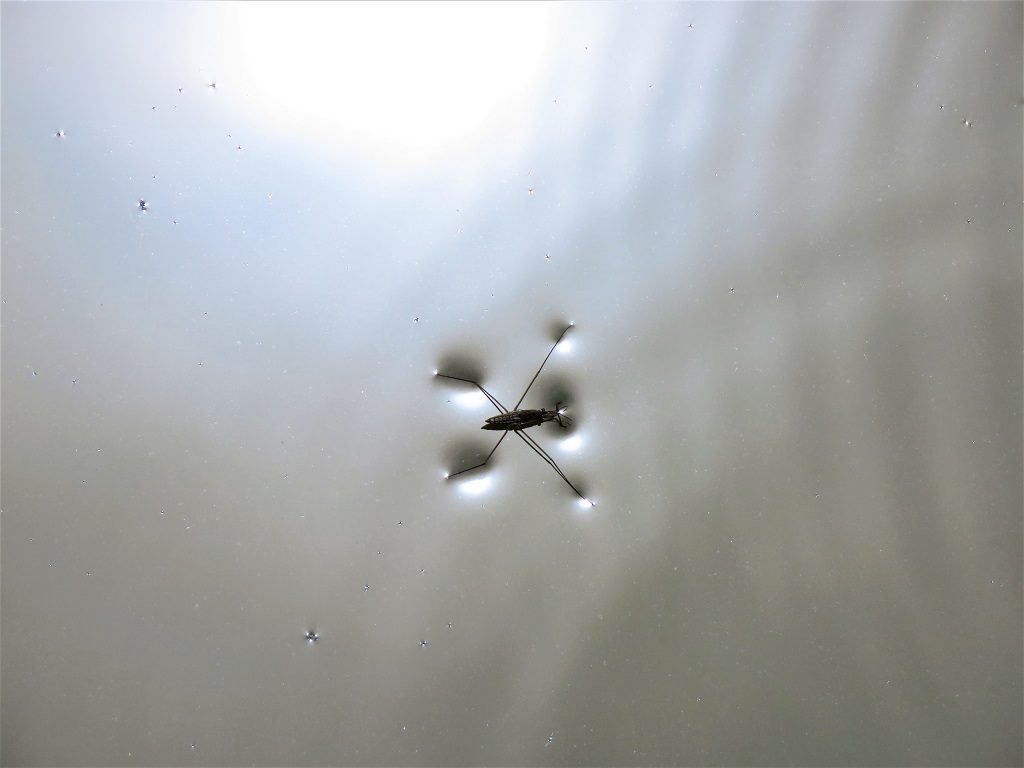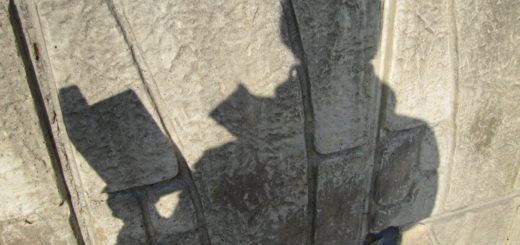Surface and Depth
The great modern error, resulting from the spiritual dialectic of modernity: desire as depth.
Thesis: Reason is a calculative response to the imperatives of passion; hence the passions comprise the original “state of nature.”
Antithesis: If passion is our original nature, then reason, which dilutes or repurposes passion, is a corruption of nature.
Synthesis: Desire is reality; reason is merely the deforming mask of desire, a socially constructed delusion of stability, to be seen through and ideally dispensed with. Hence, depth of understanding (formerly known as wisdom) is redefined as the realm of unrestrained passion and unsuppressed desire; reason, by contrast, is reduced in modern thinking to the artificial, safe, and self-protective surface of life, the realm of the weak and narrow-minded.
By reconceiving of reason as the secondary and subservient faculty, modernity has gradually provided the rationalization for reversing man’s view of surface and depth, as these terms may be applied to human experience and development. This, then, is the great modern error: the reversed perspective of the rational animal imagining himself as the desiring animal, which is to say mistaking matter for essence, potency for “form.”
If desire itself is the depth, then there is nothing to find, and therefore no meaning in the search. Wisdom becomes mere feeling, and logos, the elusive source and spirit of all life according to Heraclitus, is displaced by any mindless pleasure or drug fantasy. If the flux of feeling is the ground of all experience, then the unifying wholeness of thought is an obstacle to awareness, rather than its ultimate and only true being, as Parmenides insisted. The entire history of philosophy as pursued by the pre-modern sages — the painful and ennobling dive from the quivering platform of desire into the sober deep of contemplation — is forsaken. The platform becomes all, and the quivering an end in itself, rather than the fuel of eternal journeys.
Modern man stares obsessively at a tantalizing door through which he, having become oblivious to the purpose of doors, never thinks to pass.



